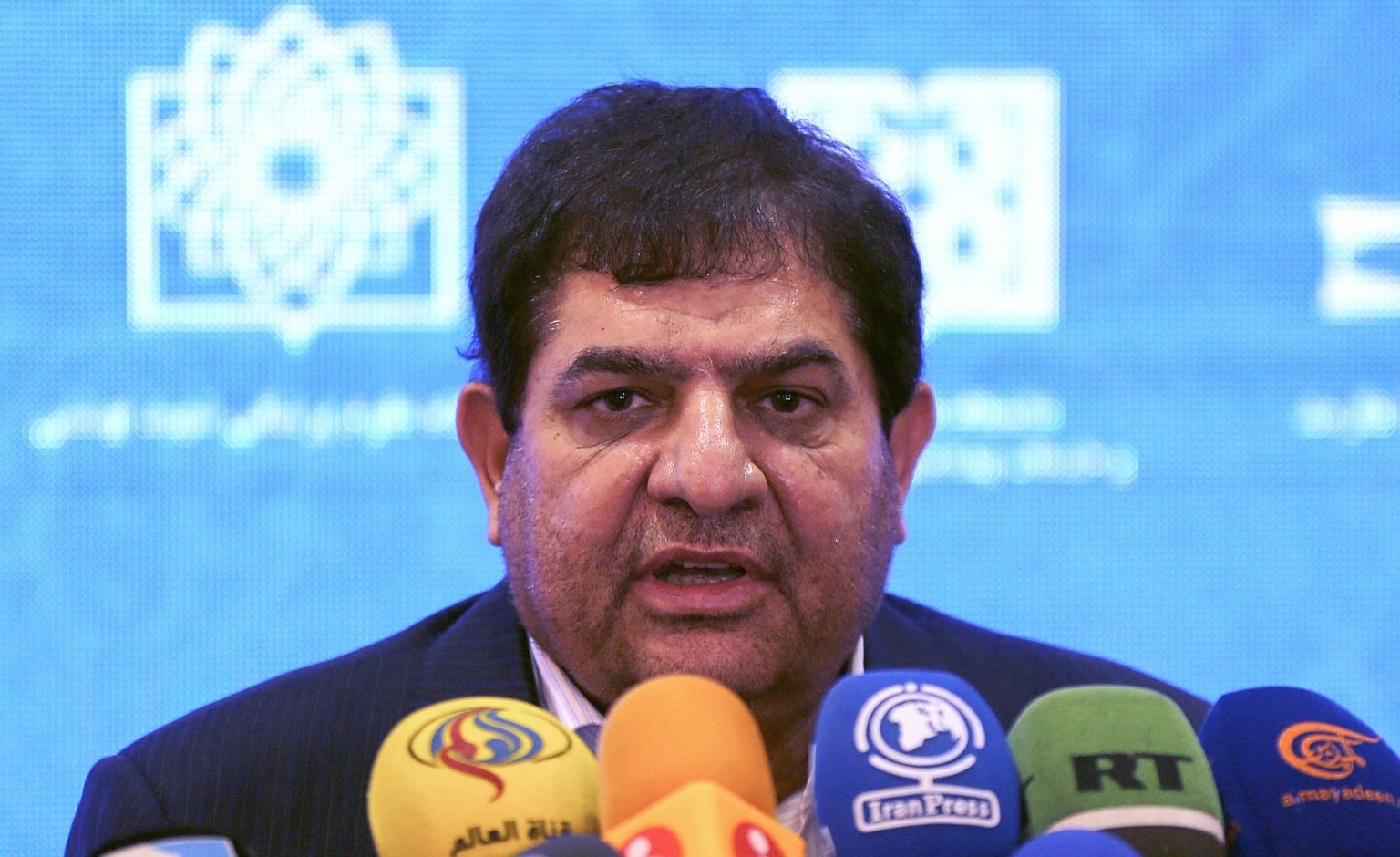New interim Iranian President Mohammad Mokhber faced criticism for his involvement in the country’s lack of development of a domestic vaccine during the Covid-19 pandemic. Mokhber was appointed by Ayatollah Ali Khamenei after the death of President Ebrahim Raisi in a helicopter crash, which also resulted in the deaths of several other high-ranking officials. Mokhber had previously been the head of the Execution of Imam Khomeini’s Order (EIKO) and was later appointed as vice president by Raisi in 2021. During his time in government, Mokhber vowed to produce and distribute millions of Covid vaccine doses, but Iran’s only manufactured vaccine, COVIran Barekat, was the only one available.
The development of a domestic vaccine in Iran faced challenges, with Khamenei banning internationally approved vaccines within the country. This led to the distribution of funds to government-run companies with no experience in vaccine development. Raisi later rescinded the ban and allowed for the use of Chinese and AstraZeneca vaccines. However, delays in the vaccine rollout in Iran were linked to excess deaths due to Covid-19. Research published in association with the British Medical Journal and Yale University showed that Iran’s slow vaccine rollout resulted in a higher number of deaths compared to countries with similar income brackets and dominant vaccine types. The study estimated that adopting Turkey’s vaccination rates could have averted up to 50,000 more deaths in Iran.
The World Health Organization reported that Iran had more than 6.6 million Covid cases and approximately 140,000 deaths by February 2022. The country’s limited capacity for genomic sequencing hindered surveillance and tracking of Covid variants, affecting the pandemic response. Johns Hopkins University of Medicine data showed that Iran had the fourth-highest case-fatality ratio, with a rate of 1.9 percent, following countries like Peru, Mexico, and Ukraine. These figures highlighted the impact of delays in the vaccine rollout and the challenges Iran faced in managing the Covid-19 pandemic.
Mokhber’s role in the lack of a domestic vaccine and the mismanagement of the Covid response raised concerns among critics. His appointment as interim president following Raisi’s death brought renewed attention to these issues and sparked discussions about Iran’s healthcare system and its ability to respond to public health crises. The helicopter crash that resulted in Raisi’s death also highlighted the fragility of political leadership in Iran and the challenges the country faced in navigating crises. Moving forward, the Iranian government will need to address the shortcomings in its healthcare system and work towards improving public health infrastructure to better respond to future challenges.


